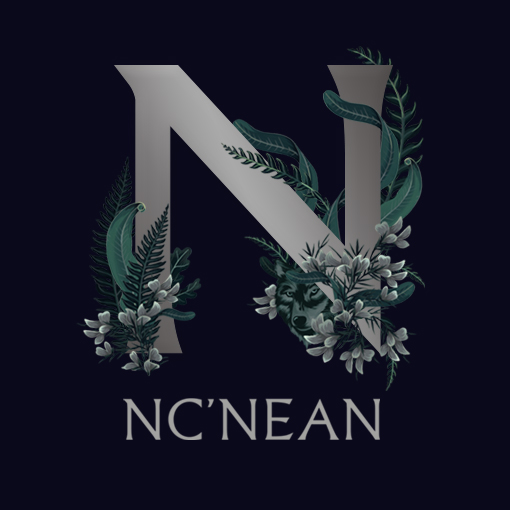

Nc'nean Distillery

Highland, United Kingdom
December 2021
Beverages
Manufacturing
United Kingdom
Nc'nean is an independent, organic Scotch whisky distillery that exists to pioneer sustainable production and to create experimental spirits. Nestled on the wild and beautiful Morvern peninsula on the west coast of Scotland, Nc'nean is powered solely by renewable energy and in 2021 became verified as net zero for scopes 1 & 2 by Environmental Strategies Limited. This made them the first whisky distillery in the UK to receive the net zero verification. Founded by Annabel Thomas back in 2013, who's mission was to create a whisky which could exist in harmony with the planet, Nc'nean is uninhibited by tradition. The team focus on making small batch spirits, using innovation to seek out unique and delicious flavours in whisky making. The name, pronounced Nc-nee-an, is an abbreviation of Neachneohain, an ancient Gaelic goddess. She was a protector of nature, a huntress and was never afraid to walk her own path. Nc'nean follow her ethos in everything they do.
Overall B Impact Score
Governance 18.1
Governance evaluates a company's overall mission, engagement around its social/environmental impact, ethics, and transparency. This section also evaluates the ability of a company to protect their mission and formally consider stakeholders in decision making through their corporate structure (e.g. benefit corporation) or corporate governing documents.
What is this? A company with an Impact Business Model is intentionally designed to create a specific positive outcome for one of its stakeholders - such as workers, community, environment, or customers.
Workers 24.3
Workers evaluates a company’s contributions to its employees’ financial security, health & safety, wellness, career development, and engagement & satisfaction. In addition, this section recognizes business models designed to benefit workers, such as companies that are at least 40% owned by non-executive employees and those that have workforce development programs to support individuals with barriers to employment.
Community 16.9
Community evaluates a company’s engagement with and impact on the communities in which it operates, hires from, and sources from. Topics include diversity, equity & inclusion, economic impact, civic engagement, charitable giving, and supply chain management. In addition, this section recognizes business models that are designed to address specific community-oriented problems, such as poverty alleviation through fair trade sourcing or distribution via microenterprises, producer cooperative models, locally focused economic development, and formal charitable giving commitments.
Environment 73.3
Environment evaluates a company’s overall environmental management practices as well as its impact on the air, climate, water, land, and biodiversity. This includes the direct impact of a company’s operations and, when applicable its supply chain and distribution channels. This section also recognizes companies with environmentally innovative production processes and those that sell products or services that have a positive environmental impact. Some examples might include products and services that create renewable energy, reduce consumption or waste, conserve land or wildlife, provide less toxic alternatives to the market, or educate people about environmental problems.
What is this? A company with an Impact Business Model is intentionally designed to create a specific positive outcome for one of its stakeholders - such as workers, community, environment, or customers.
Customers 2.9
Customers evaluates a company’s stewardship of its customers through the quality of its products and services, ethical marketing, data privacy and security, and feedback channels. In addition, this section recognizes products or services that are designed to address a particular social problem for or through its customers, such as health or educational products, arts & media products, serving underserved customers/clients, and services that improve the social impact of other businesses or organizations.